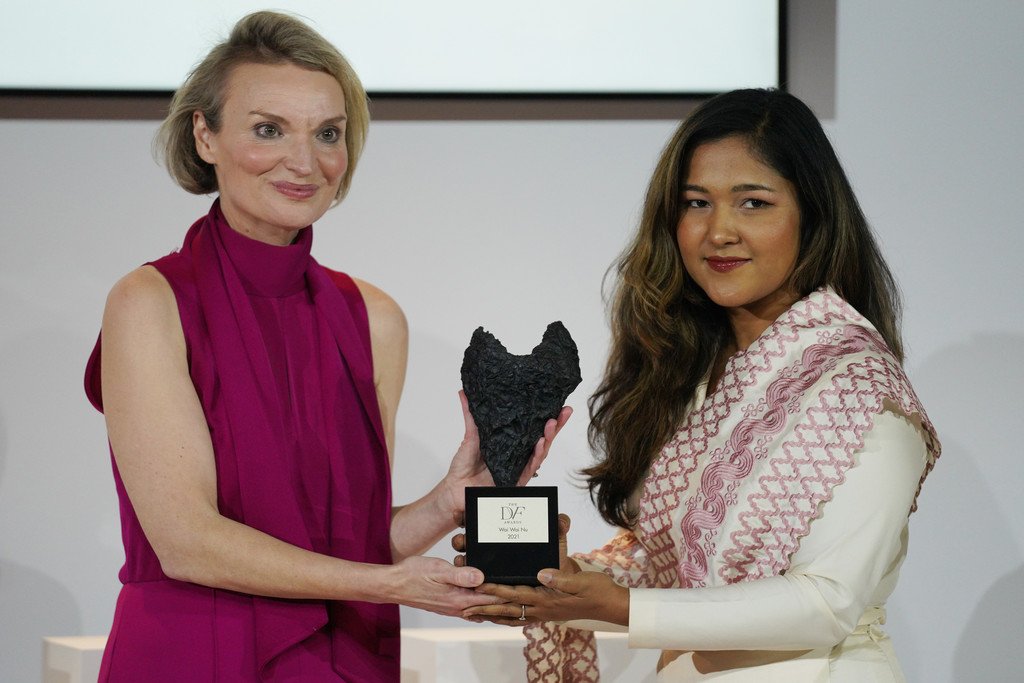Thursday 25th November marks the start of 16 Days of Activism against Gender-Based Violence. Started in 1991 by activists at the inaugural Women’s Global Leadership Institute, it continues to be coordinated each year by the Center for Women’s Global Leadership and is used as an organizing strategy by individuals and organizations around the world to call for the prevention and elimination of violence against women and girls.
Whilst the violence against the Rohingya in Myanmar has been going on for decades, the levels of state sanctioned violence against girls and women has increased dramatically since the coup on February 1st, 2020. Rockflower partner, Women’s Peace Network has made it a priority to keep track of every incident possible.
The decades long impunity continues to embolden the military as it uses sexual and gender based violence, including rape, gang rape, sexual mutilation and sexual slavery as a tool against the ethnic minority. Women’s Peace Network is calling upon the international community “to take swift action to provide protection and support to the women of Myanmar, and hold the Myanmar military accountable for its brutality.”
521 Myanmar civil society organizations are calling upon the UN Security Council to convene an urgent meeting on this crisis and impose a global arms embargo on the country as the military continues to increase its use of rape as a weapon of war.
"It is our responsibility to ensure that justice is served for all refugees," Nu shared during a speech at the Sedona Forum in April. "We must hold perpetrators accountable for their crimes, including sexual violence and genocide. If we fail to end all impunity, the cycle of violence and refugee exodus will continue."
Women’s Peace Network (Myanmar) was founded in 2013 by human rights activist Wai Wai Nu. The organization is composed of lawyers, community leaders, and peace activists from Myanmar and around the globe who share a common goal: to peacefully promote and protect human rights. It’s mission is to protect the rights, enhance the status, and increase the inclusion of marginalized women, youth, and communities in the Rakhine state and across Myanmar, so that they can live peacefully and prosperously.
Alyse Nelson and Wai Wai Nu attend the 2021 DVF Awards at Opera Garnier on November 17, 2021 in Paris, France.
Last week in Paris, a spotlight was shining on Wai Wai Nu’s tireless work as she presented with the prestigious DVF International Award. This award, supported by the The Diller-von Furstenberg Family Foundation, honors women who have displayed leadership, strength, and courage in their commitment to their causes. Every year, each Honoree receives a $50,000 grant from the Foundation to further their work as well as exposure and resources necessary to extend their efforts on behalf of women all over the world.
Nu’s feature in People Magazine explains, “[Nu] spent seven years as a political prisoner in Burma, and since her release from prison in 2012, she's dedicated her life to championing for democracy on behalf of marginalized women and members of her ethnic group, the Rohingya.”
"It is our responsibility to ensure that justice is served for all refugees," Nu shared during a speech at the Sedona Forum in April. "We must hold perpetrators accountable for their crimes, including sexual violence and genocide. If we fail to end all impunity, the cycle of violence and refugee exodus will continue."
Rockflower is extremely humbled by the groundbreaking work of our partners, in particular Wai Wai and the team at Women’s Peace Network. We extend our sincere congratulations to Wai Wai and our deep gratitude to the DVF Foundation for continuing to recognize those around the globe who are fighting for women’s rights and safety.







